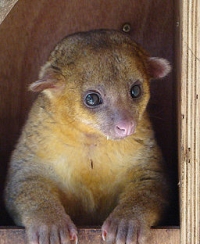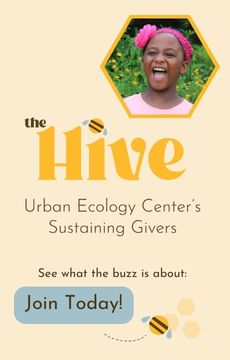The cute creature from the Japanese cartoon Pokémon sort of looked like the type of rodent that could act as a pollinator, and bees are black and yellow like the Pikachu, still, I couldn’t figure out how this cartoon character made sense as a pollinator. I acknowledged his answer with some form of “Could be!” and quickly moved on to the next student’s suggestion. Truthfully, I would have forgotten about the answer — or perhaps filed it under “adorable things students have said” as I assume any teacher with a sense of humor must do — if it weren’t for what happened in our afternoon class.
Later that day, I asked the same question to a different class from the same school. As you’d expect, we got lots of similar answers, including “Pikachu,” suggested by a student that was clearly the identical twin of the boy in the morning class! My co-teacher Katie and I exchanged a look, both of us wondering what nugget of truth was behind their answers. What did they know that we didn’t? This time, my answer to the student was, “Wow, I don’t know anything about that, but you’ve made me curious.” I made a note to look into it more after class and moved us on to the hands-on activities and hike we had planned.
As it turns out, if you Google “Pikachu pollinator,” kinkajou is among the first few hits. I had never heard of the fruit-eating, prehensile-tailed raccoon relative from Central and South America, but these kiddos clearly had! After a little more digging I discovered that the kinkajou may have been an animal on another cartoon, Dora the Explorer.
I learn things from my students every day, but experiences like these remind me to dig in beyond the obvious for the deeper reasons behind kids’ questions, answers and behaviors. Kids — and adults too — often just want to get the answer right, but science is really more about trying to make sense of the world. Young kids are great at asking questions, observing and making connections. My job as a teacher is to encourage and engage that curiosity, allowing us all to discover something new.





